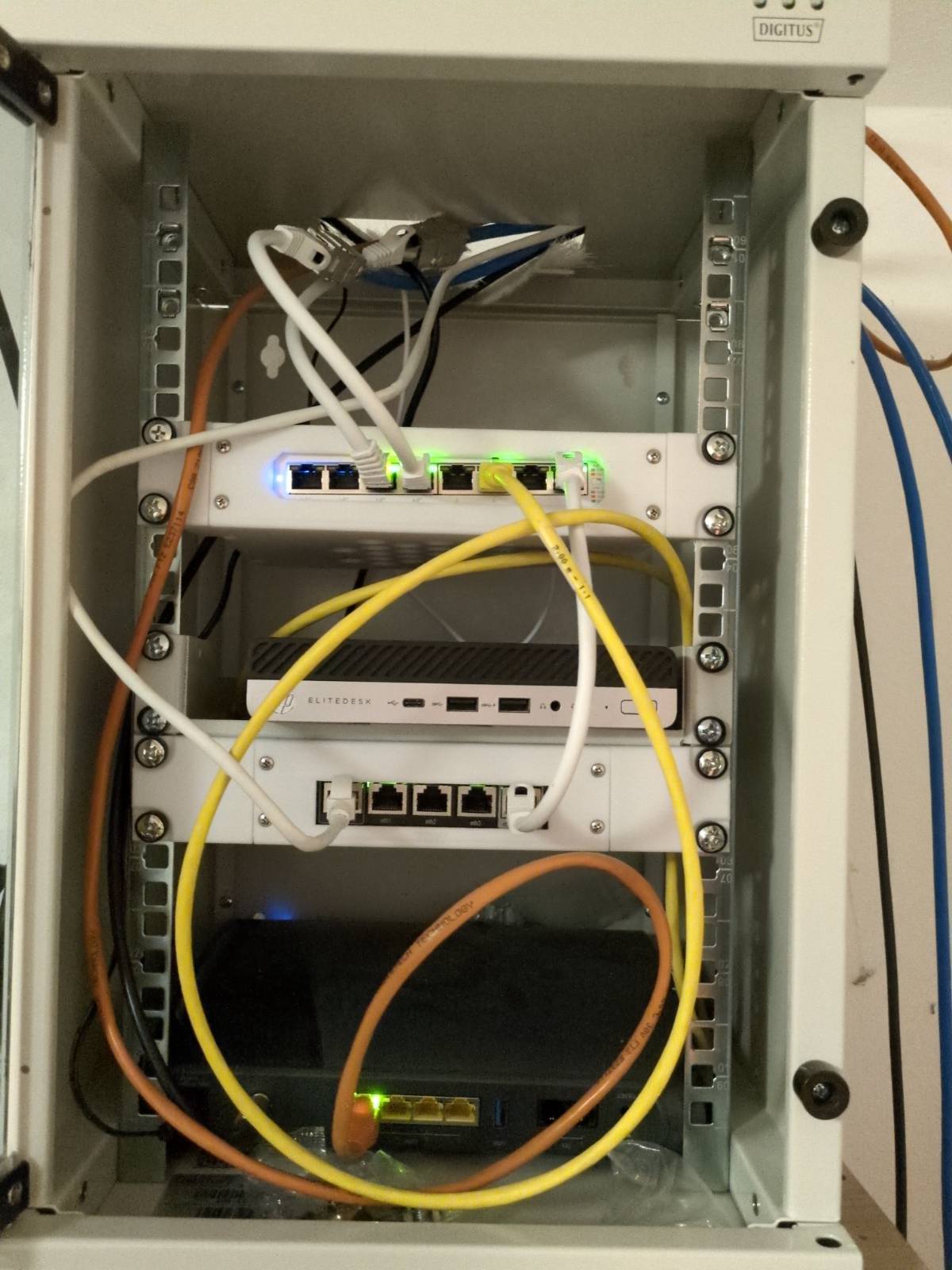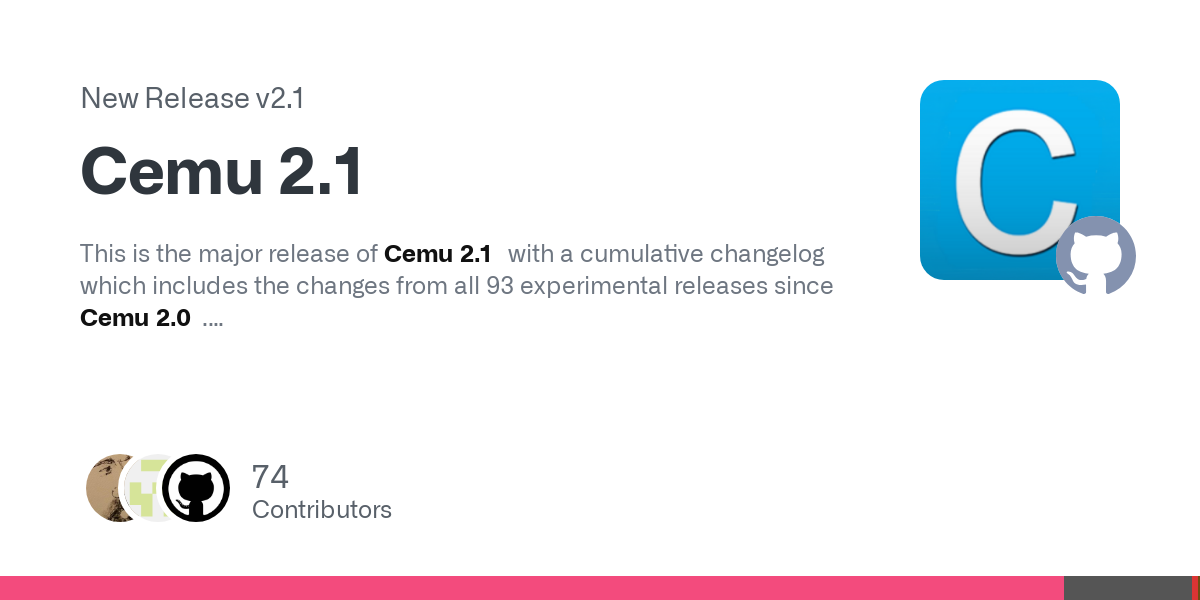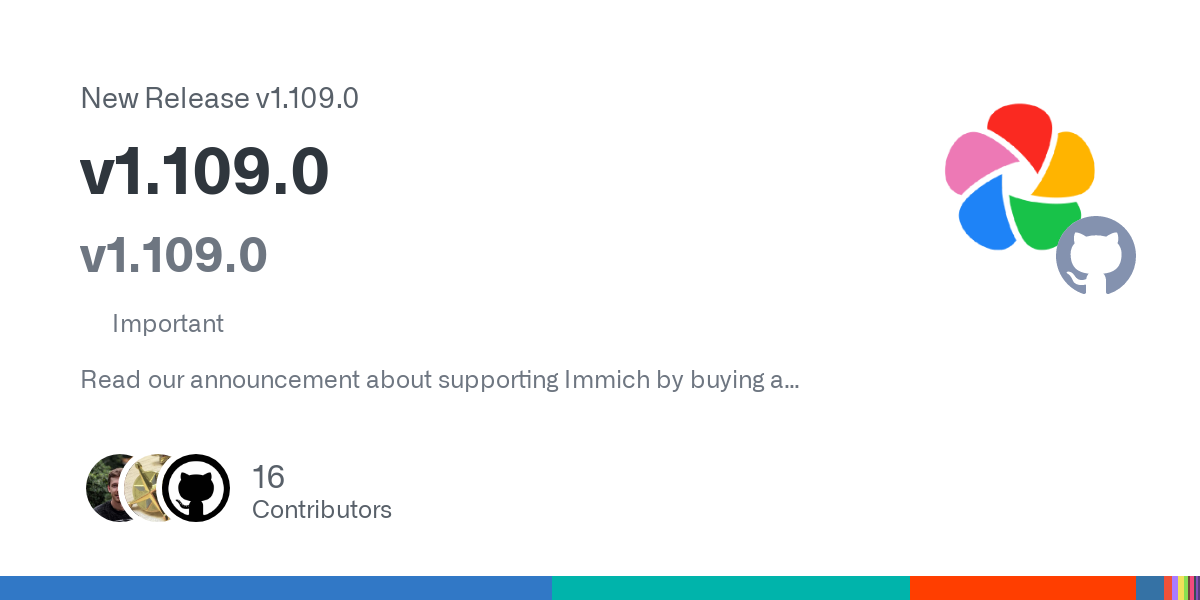I will do it tomorrow, no need to be stressed about this task today.
- 3 Posts
- 133 Comments

 4·9 days ago
4·9 days agoThat’s true, but might not really be a problem for most. Just set the jail time to something short (few minutes, maybe an hour).

 185·28 days ago
185·28 days agoI don’t think your brain can be reasonably compared with an LLM, just like it can’t be compared with a calculator.

 1066·28 days ago
1066·28 days agoIt’s absurd that some of the larger LLMs now use hundreds of billions of parameters (e.g. llama3.1 with 405B).
This doesn’t really seem like a smart usage of ressources if you need several of the largest GPUs available to even run one conversation.

 2·29 days ago
2·29 days agoThere is no way to be 100% sure, but:
- bitwarden and ente have open source clients that ecrypt all data locally in a way that the provider can’t restore data
- nextcloud isn’t optimal, while you can encypt data at rest, the provider might be able to spy on you
- With mail providers it is difficult, but mailbox.org has my (personal) trust by building their business model on data protection and open source

 6·29 days ago
6·29 days agoI can and do self host, but I’m not willing to provide these services for free. I don’t want to be responsible for other peoples passwords or family photos.
Thats where good, privacy-respecting services come into play. Instead of hosting for my neighbours, I would recommend mailbox.org, bitwarden, ente or a hosted nextcloud.

 22·30 days ago
22·30 days agoThe blog post contains an interesting tineline. Apparently, the first fix was not sufficient. So if you have updated Vaultwaren before November 18, update it again.
Copy of the timeline:
- End of October 2024: ERNW assesses Vaultwarden for the customer.
- November 08, 2024: ERNW discloses the vulnerabilities to the Vaultwarden team.
- November 10, 2024: Fix and release of Vaultwarden v1.32.4.
- November 11, 2024: ERNW retests the software and identifies that the fix is not sufficient.
- November 11, 2024: Public merge with fix and request for feedback by the Vaultwarden team.
- November 12, 2024: ERNW acknowledges that the fix is complete.
- November 18, 2024: Release of Vaultwarden v1.32.5.
My HP has a 65 watt CPU built in, when it’s running at full load it is quite loud.

Small, 10 inch rack, with some 3D printed rack mounts.
Maybe try some TLS-based VPN? This should work almost anywhere, because it looks like a standard HTTPS connection.
Wireguard - even on port 443 - is special as it uses UDP protocol and not the more widely used TCP protocol.

 20·1 month ago
20·1 month agoI don’t think these two games can be reasonably compared. HL2 is currently free, while concord was a paid game.
Does anyone need some old SCART, VGA, DVI, serial, parallel, USB type B, coax, RJ11 cables? And that’s only the stuff I know the names of.
No dad, YOU never know when you might need them. I know for sure that keeping charging cables and headphones with proprietary connectors will never again be useful.
I like it :) Can you provide a link to the sensors you used?

 15·1 month ago
15·1 month agoYou‘re supposed to host this yourself.
Set the DNS cache time to 60 seconds.
Set the script to run on every host delayed by some time to avoid simultaneously accessing the API (e.g. run the script every other minute).
With this approach, you get automatic failover in at most 3 minutes.
I’d host it on both webservers. The script sets the A record to all the servers that are online. Obviously, the script als has to check it’s own service.
It seems a little hacky though, for a business use case I would use another approach.
If it’s a civil and interesting discussion, why not?
OP said that they have a static website, this eliminates the need for session sync.






I’m glad that development is getting more stable, the regular updates with breaking changes were not so great.